125,000 rpm centrifuge… powered by hand, made from cardboard
This is outstanding!
One of the first steps in a whole host of blood tests which might be used for medical diagnosis is to ‘spin down’ the sample – to bung it in a high-speed centrifuge and whirl it around, separating out the red blood cells from the blood plasma. Accordingly, you’ll find centrifuge equipment in every haematology lab in the West… but they don’t work so well in places where the electricity supply is shaky.
In 2013 Indian-born Manu Prakash, now a physical biology researcher at Stanford University in the US, stumbled over a centrifuge in a clinic in Uganda. Literally stumbled, as it was propping open a door.
Prakash is the same guy who, a year ago, introduced a microscope made from folded paper and a cameraphone. The result of his discussions about centrifuges is similarly simple yet inspired: his team at Stanford have now adapted an ancient children’s toy to make a hand-powered, cardboard-based centrifuge which achieves 125,000 revolutions per minute. That’s astonishing, and it’s sufficient to prepare samples for a range of tests in just a few minutes.
The ever-marvellous journalist Ed Yong (check out his book I Contain Multitudes!) has the full story at The Atlantic, with more details of all the juicy bits of physics the group had to do to optimise the toy for medical use. It’s one of those simple systems that nobody had thought to study before. Nature have produced the video above, and the invention is written up as a paper at Nature Biomedical Engineering.
The “Paperfuge” can be made for something like 20 cents, and the researchers have even submitted an application to Guinness World Records for the fastest rotational speed via a human-powered device.
Prakash’s group are now testing their design in rural Madagascar, and are exploring 3D-printable plastics in the hopes of being able to cheaply produce centrifuges which are integrated with specific blood tests, or transparent versions which would double as microscope slides.
Awesome invention.

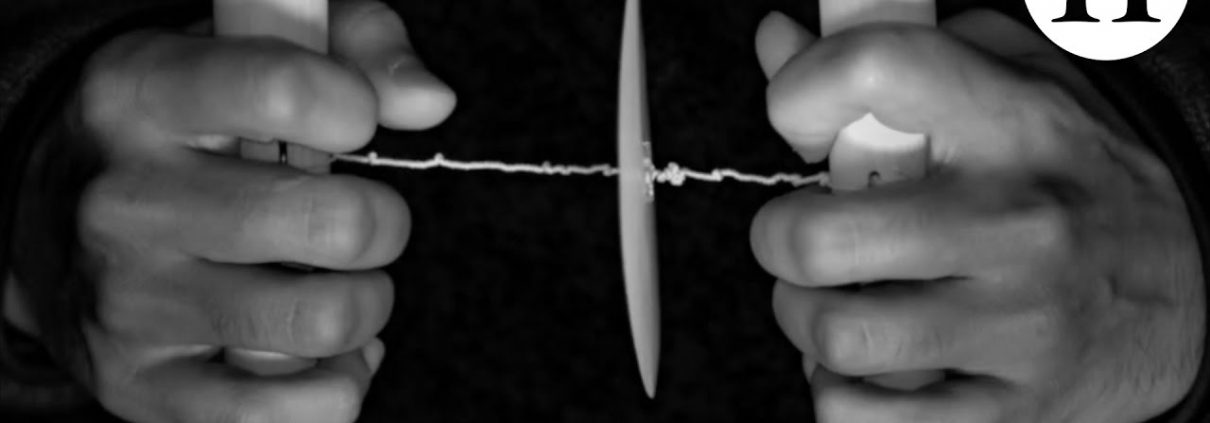
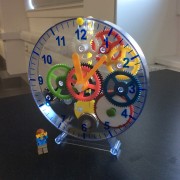
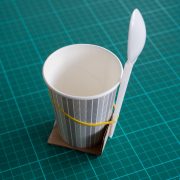




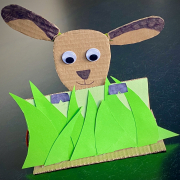
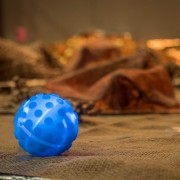



Leave a Reply
Want to join the discussion?Feel free to contribute!